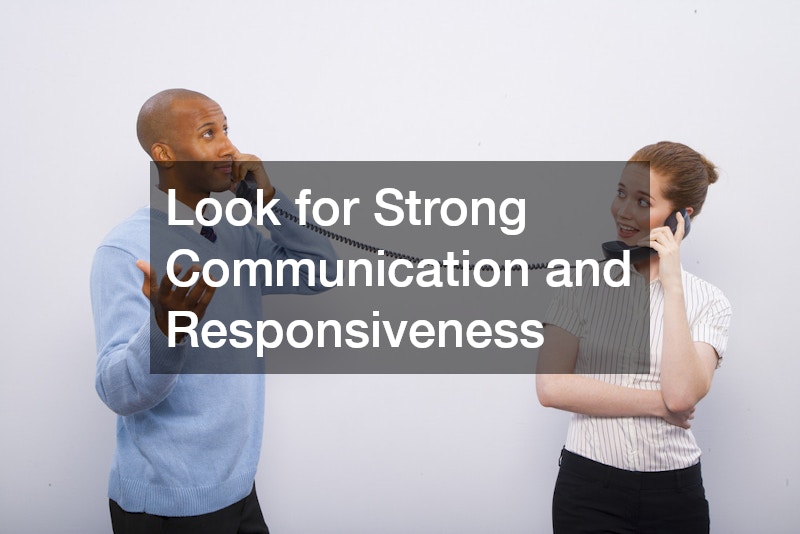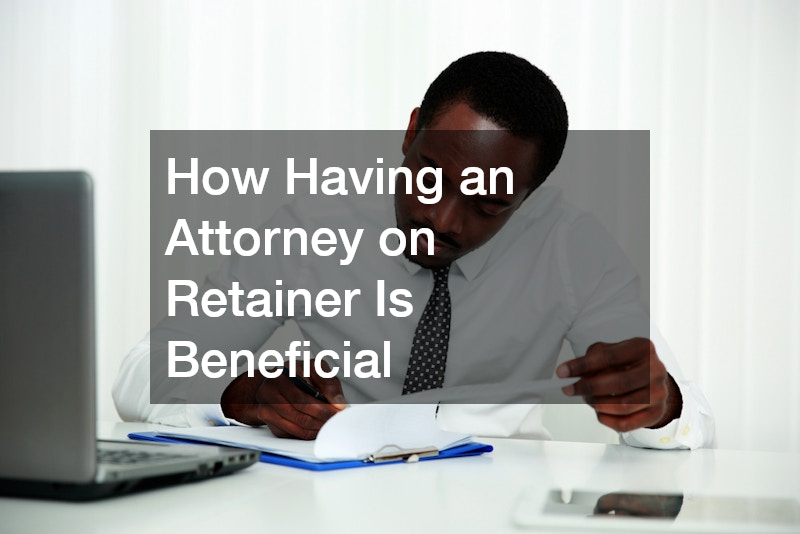How to Choose the Best Security Company for Your Needs
Whether it’s protecting your home, business or event, choosing the right security company can make all the difference in ensuring peace of mind. With rising concerns around property protection and personal safety, demand for reliable and professional security services has increased significantly. But with so many providers offering a wide range of services, how do you know which one is right for your specific needs?
Selecting from the many security companies available isn’t a one-size-fits-all process. Every property, business or occasion has its risks and priorities.
Here’s what to consider when choosing a provider to ensure you’re making a well-informed and confident decision.
1. Identify Your Specific Security Needs
Before researching potential providers, take time to identify your own security requirements. Are you looking to protect a residential property, a construction site, a retail business or a large event? The type of protection you need will determine the services and level of expertise required.
Make a list of your priorities, including whether you need ongoing monitoring, temporary services, armed guards or installation of electronic systems. Having a clear idea of your needs will help narrow down suitable security companies.
2. Check Licensing and Accreditation
In Australia, security providers and individual guards must be licensed under their respective state or territory’s legislation. Ensure the company you’re considering holds the appropriate licences and that their staff meet required training and background check standards.
You can verify licensing information through your state’s regulatory body. Accredited companies should also comply with Australian standards, such as AS/NZS 4421 for guarding services and AS 2201 for alarm systems.
A reputable provider will be transparent about their credentials and happy to provide documentation upon request.
3. Evaluate Experience and Industry Reputation
Experience matters — especially when it comes to managing risk. Look for security that has a proven track record in your specific sector. Whether it’s hospitality, construction, healthcare or education, a company familiar with the unique challenges of your industry will likely provide more effective solutions.
Check how long the company has been operating and ask about similar projects they’ve handled. Online reviews, testimonials and word-of-mouth recommendations are all useful for assessing reliability and professionalism.
Don’t be afraid to ask for client references or case studies that demonstrate how they’ve managed incidents, emergencies or long-term service contracts.
4. Assess the Range of Services Offered
Not all companies offer the same services. Some may focus purely on manpower, such as static guards or mobile patrols, while others provide integrated systems like CCTV, alarm monitoring and access control.
Choosing a company that offers a combination of both physical and electronic security can result in a more cohesive and efficient solution. This integrated approach means fewer gaps in protection and better coordination in the event of an incident.
Also consider value-added services such as 24/7 support, custom reporting or the use of modern technology like remote video verification and live monitoring apps.
5. Understand Their Approach to Training and Staff Management
Security guards are often the first point of contact during emergencies or incidents, so their professionalism and training are critical. Ask about the company’s hiring standards, onboarding procedures and ongoing training programs.
Topics such as conflict resolution, first aid, legal compliance and emergency procedures should be part of any guard’s training. Well-trained personnel are more likely to de-escalate situations, respond appropriately under pressure and represent your business or property professionally.
You may also want to enquire about supervision and communication — for instance, whether guards are monitored during shifts, how they report incidents and how management handles performance issues.
6. Review Contract Terms and Pricing
It’s important to understand the full scope of what you’re paying for. Transparent pricing and clearly defined service agreements help prevent misunderstandings later on. When reviewing a contract, ensure it outlines:
Compare quotes from several providers, but don’t automatically choose the cheapest option. In security, you often get what you pay for, and cutting corners could lead to gaps in protection.
Look for a provider that offers competitive pricing without compromising on quality, compliance or customer service.
7. Look for Strong Communication and Responsiveness
The best security is that communicate clearly, respond promptly and prioritise customer service. Your chosen provider should be easy to reach, willing to answer questions and quick to respond to concerns or emergencies.
Choosing the best security company for your needs requires careful consideration of credentials, experience, services and communication. While many companies offer similar services on the surface, their approach to professionalism, training and client support can vary widely.
By doing your research and asking the right questions, you can find a provider that not only meets your immediate security needs but also becomes a long-term partner in safety and protection.
.





Post Comment